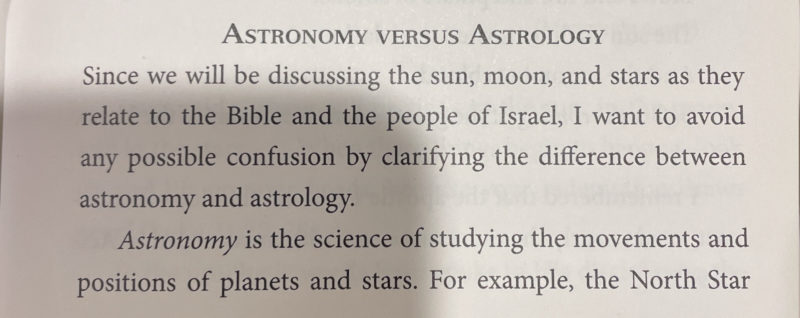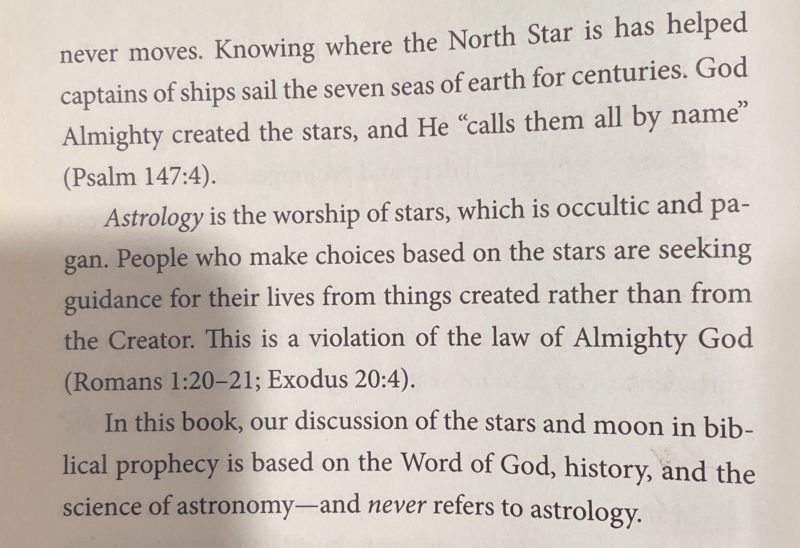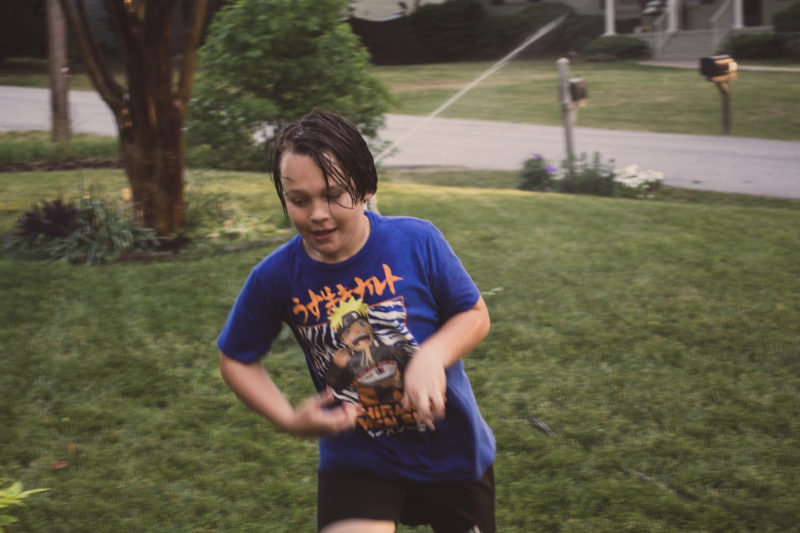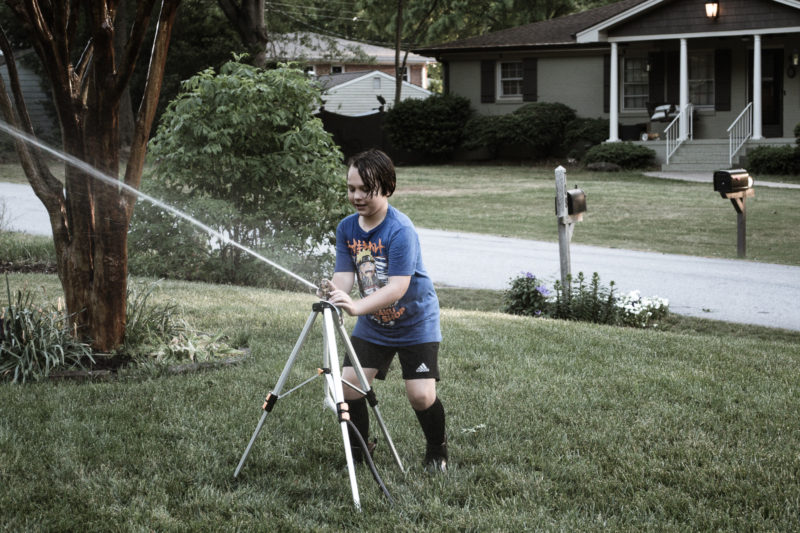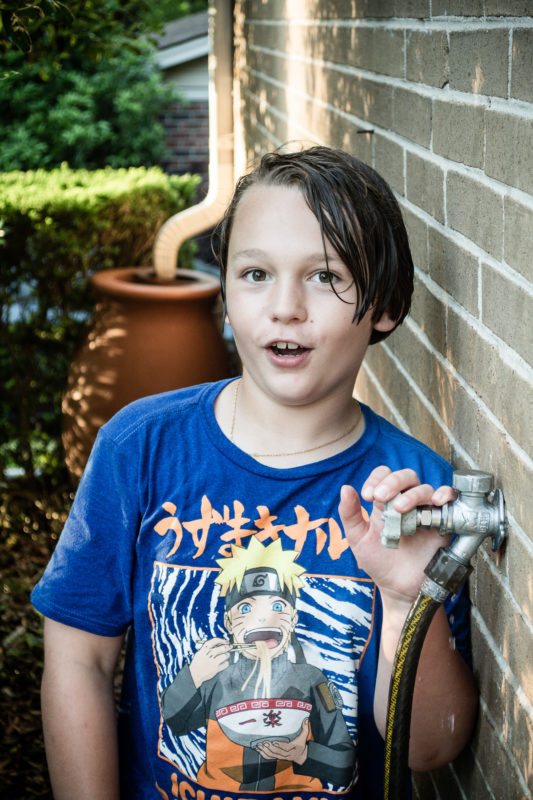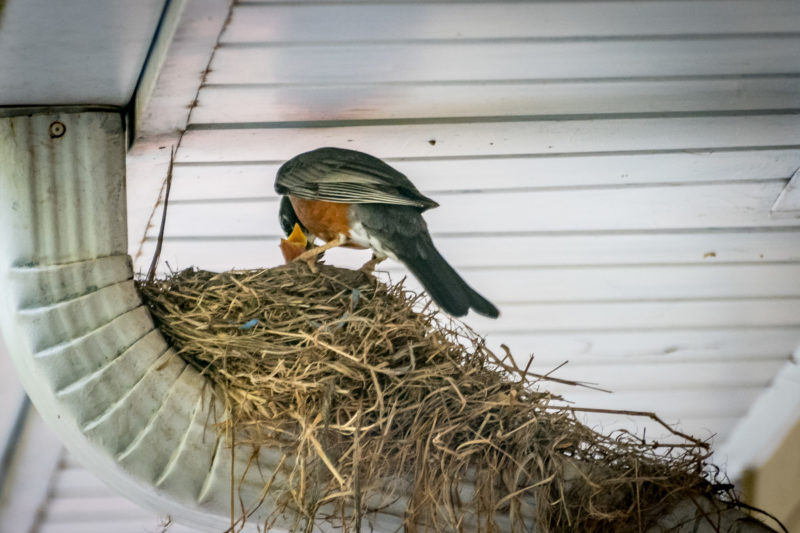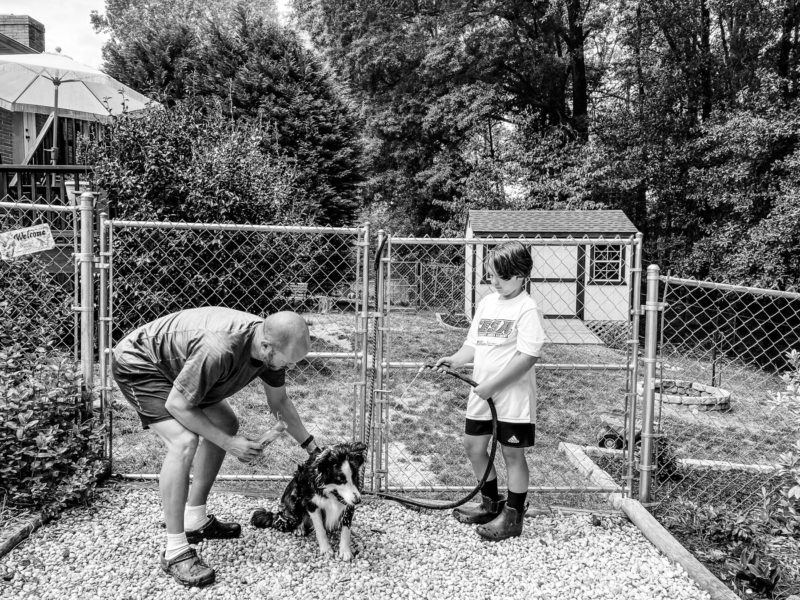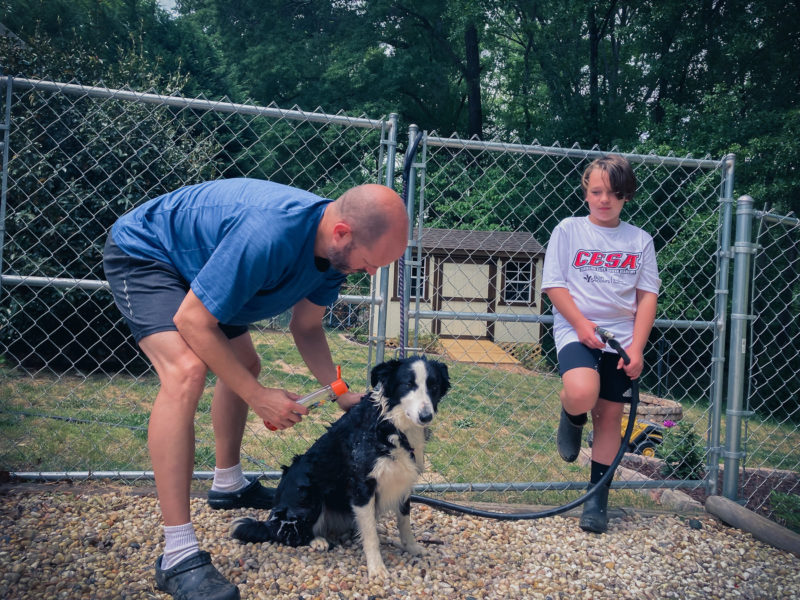or
“How Not to Fall Asleep While Doing Nothing for Three Hours”
The title is misleading: to suggest that I do nothing at all during the three hours of state-mandated standardized testing would be to suggest a testing violation. That cannot be: a testing violation means paperwork, emails, meetings, reprimands, and the like. It means notes detailing the testing violation in one’s employment file, and in an absolutely worst-case scenario, it can mean termination of employment.
So what does this proctoring look like? I have three chairs I use in my room for such an occasion: proctoring means walking around the room and looking at everyone then sitting down in one of the chairs. After a few minutes, I get up and do it again, returning to a different chair. And then again.
“Why don’t you use the time to do lesson planning?” Testing violation.
“Why don’t you read?” Testing violation.
“Why don’t you grade papers?” Testing violation.
“Why don’t you write letters?” Testing violation.
There are only two things I can do other than walk around and watch kids take the test: create a seating chart and alphabetize the test tickets (why call them tickets — it’s not like they’re admission slips for something they really want to do). So I take a long time doing both. I work on the seating chart throughout the whole test: it’s like nibbling at a bit of candy you’ve been craving for so long. I alphabetize the test slips slowly and in stages.
And I daydream while staring at the backs students’ heads.


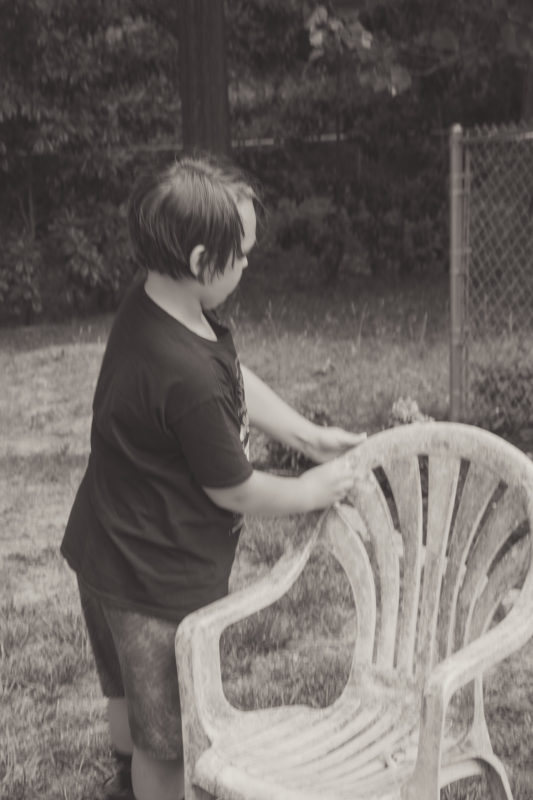
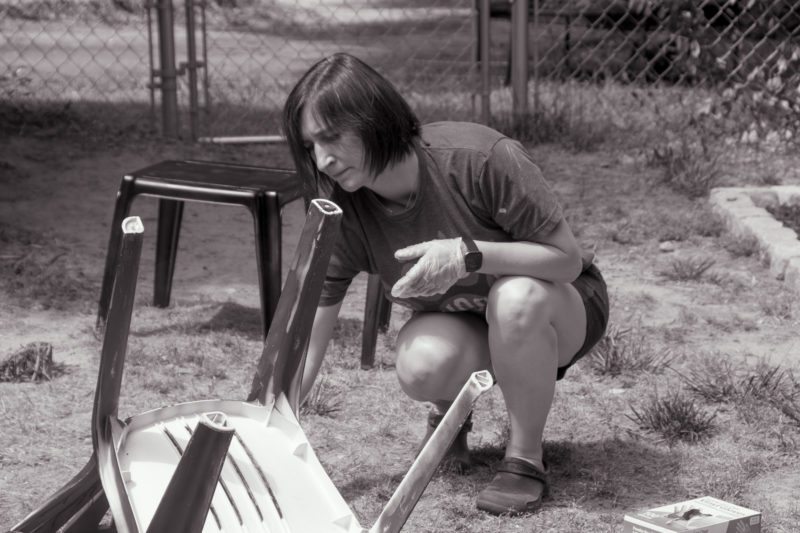
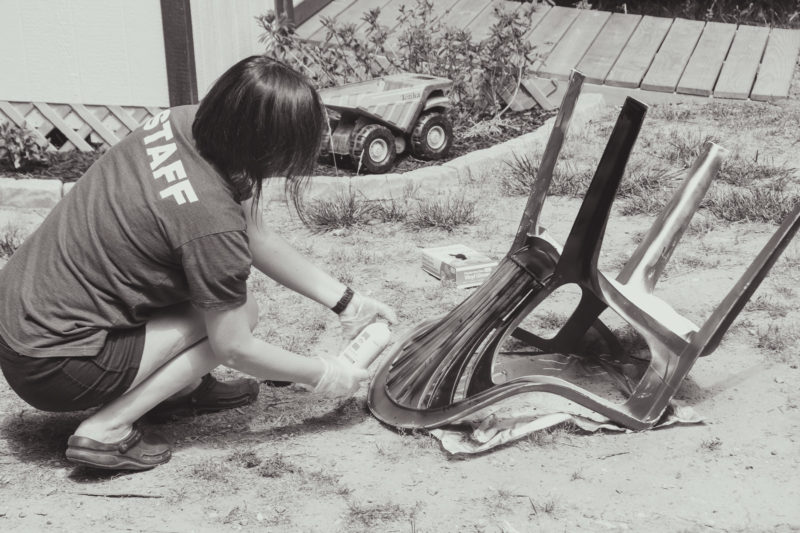
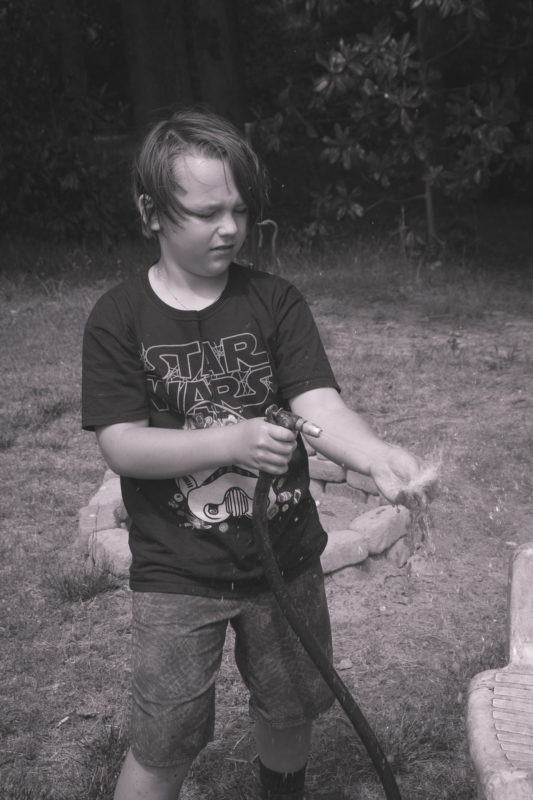


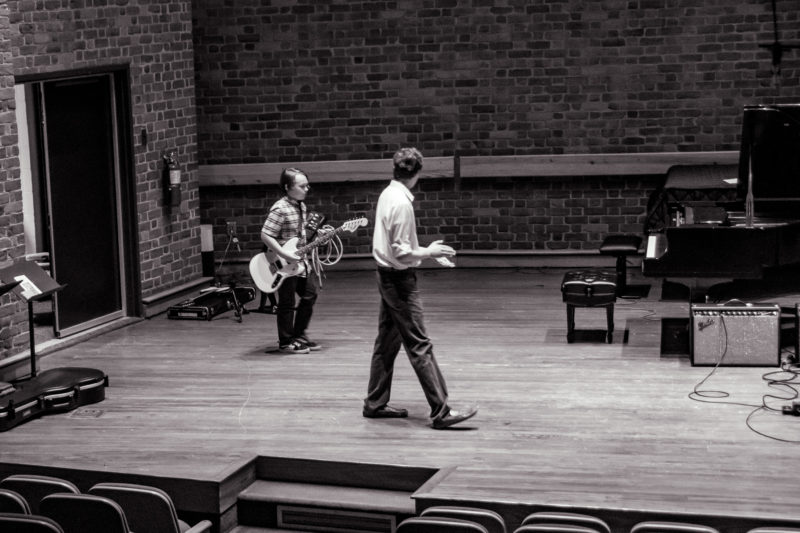






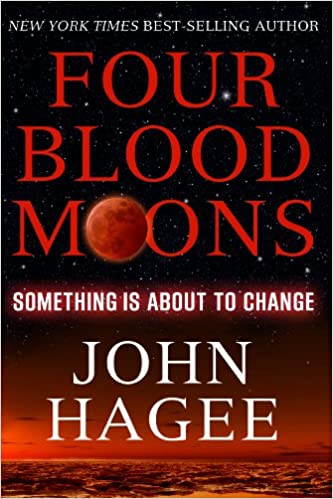 I don’t know why I read things like this. I knew when I reserved it at the library that I was just getting this nearly-decade-old book by fundamentalist nutjob pastor
I don’t know why I read things like this. I knew when I reserved it at the library that I was just getting this nearly-decade-old book by fundamentalist nutjob pastor 